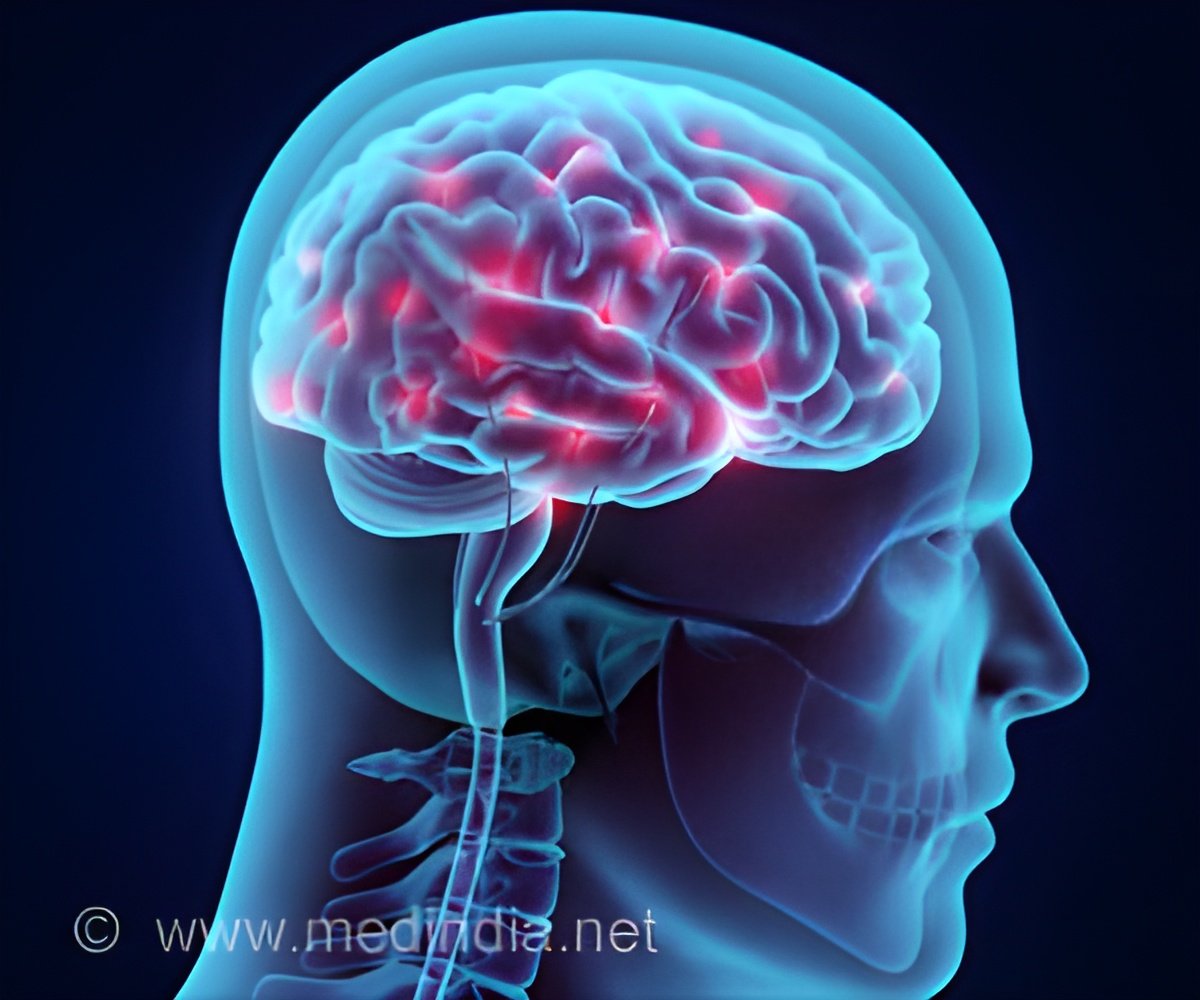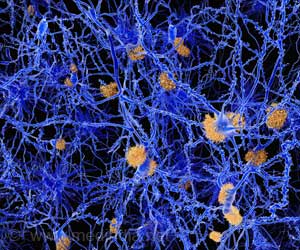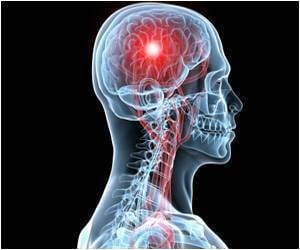Researchers discover how hippocampal brain cells respond to pronouns, helping to link language and memory. This could enhance our understanding of how the brain processes reading.

Pronouns reactivate conceptual representations in human hippocampal neurons
Go to source). “This may provide insight into how we remember what we read.” Consider this sentence: “Donald Trump and Kamala Harris walked into the bar, she sat down at a table.” Instantly, we understand that "she" refers to Kamala, not Donald. Pronouns like "she" help us make sense of language, yet they can have multiple meanings. Context allows us to interpret who the pronoun refers to, but how does our brain make this connection between pronouns and their nouns?
‘Hippocampal cells can identify who pronouns refer to, helping to form memories.
#brainresearch #medindia
’





To explore this, a team of neuroscientists, neurosurgeons, and neurologists from around the world collaborated. Doris Dijksterhuis and Matthew Self, from Pieter Roelfsema’s group, alongside colleagues, studied brain activity in epilepsy patients. These patients had depth electrodes implanted in their hippocampus, an area critical for learning and memory, as part of their treatment. The researchers used this opportunity to conduct additional experiments to understand the brain's role in linking pronouns to their references. “We can measure the activity of individual brain cells in the hippocampus while the patient performs a task,” says Matthew Self. In the hippocampus, there are cells that respond to a specific person, so-called “concept cells.”
A well-known example is the “Jennifer Aniston cell,” which becomes active when you see a photo of Jennifer Aniston, hear her name or read the words “Jennifer Aniston”. We wondered if these cells also become active when you only read a pronoun, like ‘he’ or ‘she’. Are these cells able to link the pronoun to the right person?
Dynamic Brain Responses to Pronouns: How Shrek Cells Track Language
Doris Dijksterhuis: “To test this, we first showed the patients many photos until we found a cell that responded to one particular image. For example, we found a cell that responded to an image of ‘Shrek’ but not to other images. We call this cell a ‘Shrek concept cell’. When patients later read a sentence like: “Shrek and Fiona were having dinner. He poured out some wine.”The ‘Shrek’ cell indeed responded to the word “Shrek”, but also to the pronoun ‘He.’ This is interesting because such a pronoun can mean something entirely different in another sentence. For example, in the sentence ‘Donald Trump and Kamala Harris were having dinner. He poured out some wine,’ the same pronoun, ‘He’, refers to Donald Trump, and therefore the Shrek cell will not react. Individual hippocampal cells track who the pronoun refers to in a dynamic, flexible way.”
Advertisement
To make it a bit more challenging, we also added some trick questions, with two people of the same gender: “Jennifer Aniston and Kamala Harris walked into a bar. She sat at the table.” The patient had to decide themselves who performed the action. We observed that patients tended to choose the person that evoked the most activity in the hippocampus at the start of the sentence. This could be based on chance fluctuations in activity on a trial-by-trial basis or an internal preference for one of the two characters in the sentence.”
Advertisement
Memory and Language: The Role of the Hippocampus in Reading
Dijksterhuis: “The hippocampus is important for learning and memory, but it remains unclear how the hippocampus is involved in the interaction between memory and language. How do we remember what we’ve read? When you think of something you’ve read, you have different concepts that together create the story. Pronouns help us to understand who did what in the story and cells in the hippocampus encode these actions into our memory. Ultimately, we want to know how an entire memory is formed and represented in the brain.”“It is of great value that this group of patients has given their permission to participate in our research. We can only very rarely measure the activity of single brain cells in people who are reading and it is impossible to study these processes in animals. When we get the chance, we try to get as much out of it as possible.”
Reference:
- Pronouns reactivate conceptual representations in human hippocampal neurons - (https://www.science.org/doi/10.1126/science.adr2813)
Source-Eurekalert















